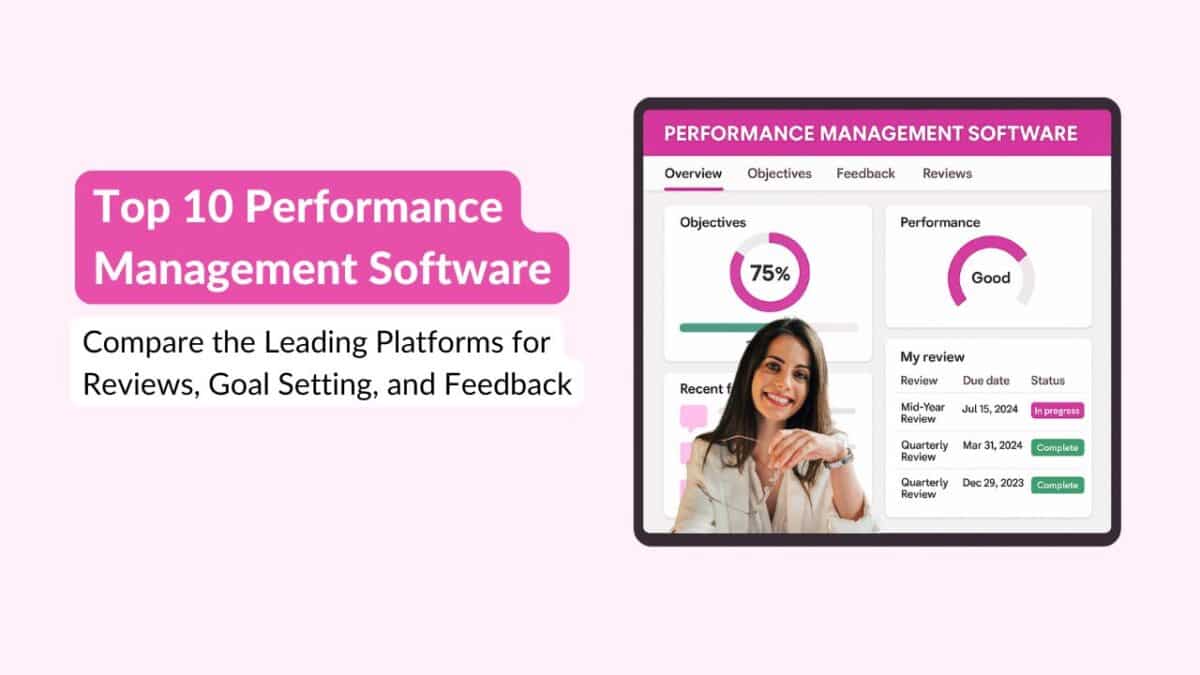With many organizations still functioning remotely, it is crucial for employees to have clear and well-defined goals to keep them on track and focused. Having clear goals helps them improve their productivity, enhance their decision-making skills, and keep them motivated and engaged.
It is almost the end of the first quarter of 2021, and it is time to set goals for your second quarter. So it is necessary to set them right, and avoid the mistakes made previously. Here are seven common goal setting mistakes to avoid when setting goals for yourself and the team.
Failing to Set SMART Goals
We understand setting SMART goals might sound a little bit cliche, but you simply can’t ignore it. George T Doran introduced SMART goals in 1981, and it has been used by organizations worldwide since then. When employees don’t set SMART goals, they lack direction and fail to understand their goals clearly. SMART goals have five main key focus areas:
– Specific: Goals should have a specific purpose. It becomes easier for employees to understand. If goals aren’t specific, they will fail sooner or later
– Measurable: Goals must be measurable so that employees can track the progress of their goals. It will help them track achievements and define success
– Achievable: Goals cannot be too easy, nor can they be too difficult. Easy goals will not challenge the employee, whereas a difficult one will demotivate them
– Relevant: Goals should be relevant and linked to the overall organization and department goals
– Time-Bound: There needs to be a specific time within which the goal needs to be completed. When goals are time-bound, it drives performance, and employees stay motivated and engaged
Also Read: 5 Reasons Why You Need A Performance Management Software
Excluding The Employees
As per recent research by Gallup, only about half of employees understand their job expectations.
Often managers commit the mistake of excluding the employees from the goal setting process. This results in employees lacking a clear understanding and expectation of their goals. Instead, it should be a collaborative effort between the manager and the employees. Employees, when they are part of their goal setting process, they feel more accountable for it. Additionally, the employees don’t feel the goals as forcefully imposed, which results in job satisfaction and increased productivity.
Non-Aligned Goals
According to a report by McKinsey&Company, 91 % of businesses noticed an improvement in profits when organization goals and key strategies were linked to team performance goals.
Non-aligned goals lack directions. Furthermore, employees fail to understand how they contribute to the bigger picture. For employee goals to be effective, they should be aligned with the team, department, and organizational goals. Employees who understand what role they play in an organizations’ success tend to be more productive and are more engaged at work. When they know how they contribute to the overall picture, they are more focused and motivated, which results in success for the organization.
Goals Are Not Flexible
It is often possible that the objective of a goal itself changes even after an employee starts working towards it. In this case, it is wise to update the goals as per their needs. Static goals often affect the motivation and productivity of the employees. Most organizations commit the mistake of not revisiting their goals or updating them until it is time for employee performance reviews. Having flexible goals makes them relevant and important for the employee and the organization.
Also Read: How To Conduct An Effective 360 Degree Feedback?
Fail To Track Progress
As mentioned above, organizations often fail to revisit the goals until performance reviews. It results in employees failing to understand what they are doing right and need to keep on doing, and what they are doing wrong and need to stop.
When goals are tracked, it helps identify problems as well as their progress. As a manager, help employees identify key milestones and set up a timeline to achieve the same. Review the progress of the goals from time to time and share feedback with your employees. This will help them to stay focused and aligned with the organizational goals.
Ignoring The Small Wins
“People work for money but go the extra mile for recognition, praise and rewards.” — Dale Carnegie, Leadership Training Guru, and Author.
Setting clear and well-defined goals is crucial, but it is also necessary to take out time to recognize and reward your employees. When you recognize or reward your employees on small wins, they are motivated to achieve further. But failing to do so often makes employees feel undervalued and unimportant, and they get derailed from their goals. A lack of appreciation decreases their morale and motivation to work. It reduces the engagement and productivity of the employees. On the other hand, even a small announcement on the company website or social media or paying bonuses is enough to make them feel appreciated.
Additionally, it helps in creating a culture of appreciation throughout the organization.
Also Read: 5 Benefits Of Investing In Employee Recognition Software
Not Using A Goal Setting Software
We all know COVID-19 has changed the way we all work today. Organizations globally have ditched the traditional goal setting process and have invested in a goal setting software. If your organization has not invested in one yet, it is the right time to do so. Goal setting software helps the creation and managing of goals easier for everyone in the organization. In addition to that, it also improves the visibility of the goals and helps to track them easily.
Do you want to know how Engagedly can help you with setting effective goals? Then request for a live demo.
Request A Demo
Author
Srikant Chellappa
CEO & Co-Founder of Engagedly
Srikant Chellappa is the Co-Founder and CEO at Engagedly and is a passionate entrepreneur and people leader. He is an author, producer/director of 6 feature films, a music album with his band Manchester Underground, and is the host of The People Strategy Leaders Podcast.






